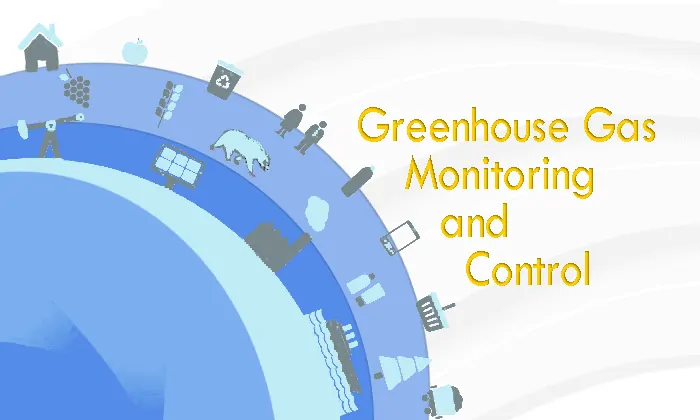

The Industrial General Permit is an NPDES permit that regulates discharges of stormwater associated with industrial activity. Based on the projected revenue and the predicted surplus, SWRCB is working to refine program funding and plans to adjust the current IGP permit fee structure.
Glen Osterhage, Fee Branch Manager for the California State Water Resources Control Board (SWRCB), Division of Administrative Services, met with industry leaders on November 3, 2015, to discuss potential changes to the stormwater Industrial General Permit (IGP) fee structure. Meeting attendees included: SCS Engineers, the Industrial Environmental Association (IEA), California Stormwater Quality Association (CASQA), the California Taxpayers Association (CTA), California Chamber of Commerce, the Independent Energy Producers Association (IEPA), and the host – California Manufacturing and Technology Association (CMTA).
The SWRCB funds eight core permit programs through the Waste Discharge Permit Fund, which pays for over 800 staff. California has cut allocations for agency staff funding by approximately $30 million dollars, forcing SWRBC to distribute its cost burden across the permit fee base. Currently, IGP permit fee revenue is $14.4 million (a single permit fee of $1,791 multiplied by approximately 8,035 permittees). However, SWRCB projects higher revenues due to increased enrollment when all newly required permittees file. Core programs are also subsidized with excess funds coming from the Construction Permit fees (excess of $2M over required $2M last year). Based on the current projected revenue and the predicted surplus the SWRCB is working to refine the IGP program funding and plans to adjust the structure of the permit fee from a flat rate to a rate adjusted for facility size, project complexity, and the threat to water quality.
Following the 2017 to 2018 year permit periods, the SWRCB will have better estimates with which they can accurately adjust fees. The SWRCB is exploring the potential for providing fee discounts for benefits or subsidizing other permit compliance cost burdens. For now, the No Exposure Certification (NEC) IGP Permits are likely to remain a flat fee, but their value may change following additional baseline permit data results.
The SWRCB’s revenue goal is, as always, to break-even; any proposed change to the fee structure is not intended to boost agency revenue over expenses. Another goal is to have data readily available for selecting a permit fee tier from the information submitted on the IGP’s online database application (Storm Water Multiple Application & Report Tracking System, SMARTS, smarts.waterboards.ca.gov).
The SWRCB will have additional meetings to collect comments on the proposed change in hopes of creating a consensus with permittees on these impending changes.
SCS Engineers will provide information as it becomes available. Our professionals are available to assist newly required permittees with filing and compliance requirements.
Contact SCS’s Stormwater Manager, Cory Jones at 1-858-571-5500 or .
Stormwater Management Services

SCS is a pioneer in our nation’s efforts to reduce GHG emissions in order to combat global warming. We proactively pursue the development of markets in which major sources of methane (e.g., oil and gas industry, landfills, dairies, etc.) can generate and sell GHG credits by voluntarily installing methane recovery systems and selling the methane as fuel.
Methane is 25 times more powerful than carbon dioxide in terms of its greenhouse effect. Capturing and destroying these emissions can have significant environmental benefits. Simply destroying methane via power generation or sequestration can diminish its GHG potential by 95 percent. Even greater benefits are available if the methane is used as renewable energy in order to offset natural gas or coal-fired power generation.